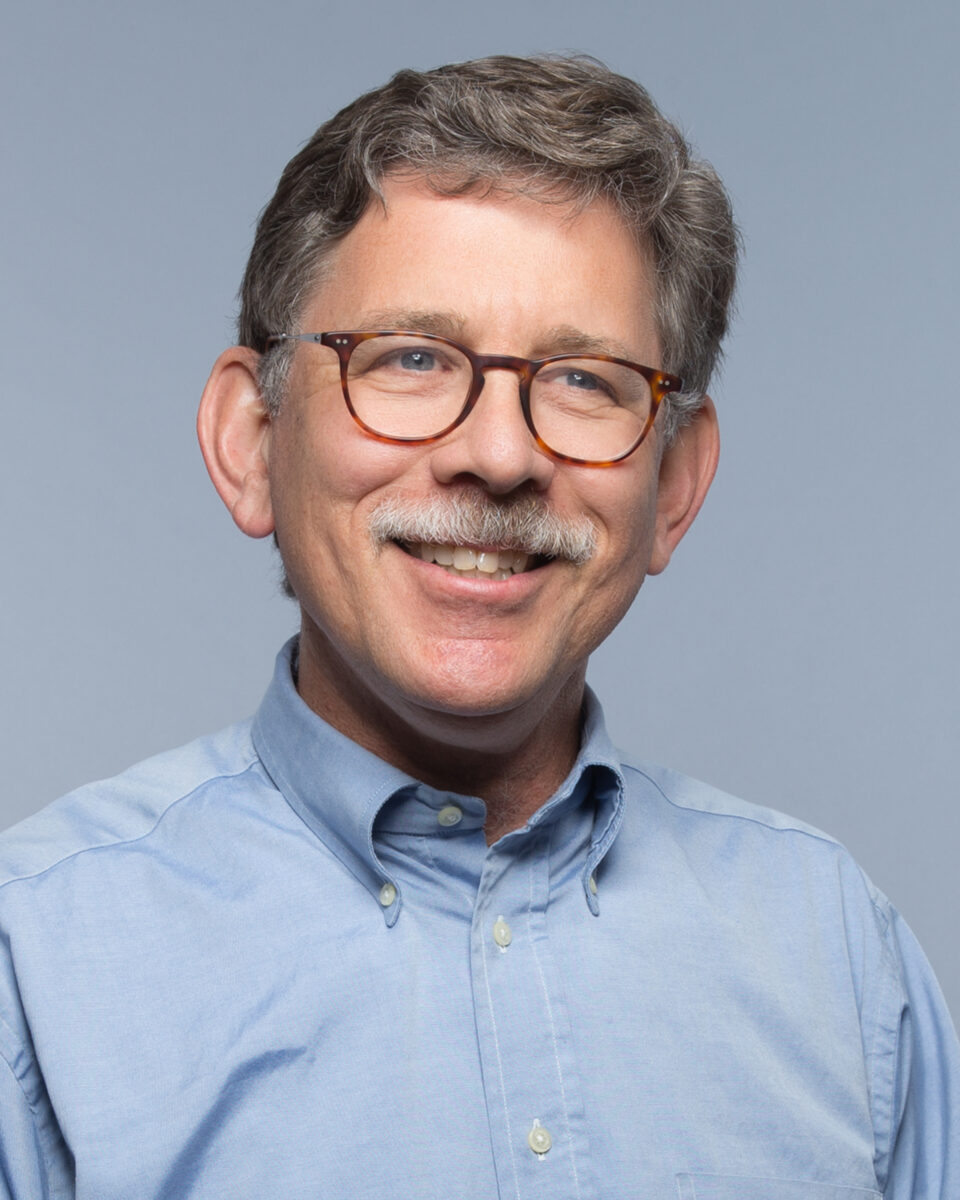Jim Horwitz, the managing attorney at Koskoff Koskoff & Bieder, was honored earlier this month by the Connecticut Trial Lawyers”™ Association (CTLA) for his lifetime of achievements and contributions to civil justice in the State of Connecticut.
Horwitz joined the Bridgeport-based Koskoff firm in 1986 and has handled a diverse quantity of cases related to medical malpractice. His work as a trial lawyer resulted in multi-million-dollar verdicts for his clients, including a $58 million verdict in 2011 ”“ the largest medical malpractice verdict in Connecticut at the time ”“ for a Norwalk family whose son suffered a birth injury that resulted in cerebral palsy.

Horwitz spoke with the Business Journals on the meaning of being honored for his career in the legal profession.
Congratulations on your award. Did you see this honor coming?
Not in the slightest! When I got a call a couple months ago from the president of the CTLA, I thought for sure they have the wrong person.
How does it feel to be the recipient of a lifetime achievement Award?
It’s really powerful. And moving. You try to have a career that goes in a certain direction, where you want to do the right thing and you believe that you’re adhering to certain values of compassion and ethical standards and caring for the people around you. And it goes day by day by day by day by day, and you have those values that are that you’re steeped in from parents, colleagues and mentors. And then, suddenly, you wake up and 35, 36, 37 years have gone by ”“ it’s just astounding, and you’re doing it because you think it’s the right thing to do.
And then, to have somebody from the outside recognize that you have lived your life that way is profoundly moving.
What inspired you to get into law in the first place?
My father was from New Jersey and was a solo practitioner lawyer there. And he was somebody that I thought was the most even-tempered, fairest, most ethical person that I had ever met. And the way he worked with his clients, the people that he cared for ”“ on Saturday mornings, people would come to our house and sit around our dining room table, and he would care for clients in a very personal way. So, I had that as a kind of as a role model.
On the other hand, my mother was very active in a social justice organization where she was working for things like fair housing and better schools. Between the two of them, they just inspired me and influenced me that we have that we have an obligation to act on behalf of the little guy to see what the little guy”™s needs are and to speak up.
How did you become part of the Koskoff firm?
I had started with a firm up in the Norwich area (Brown Jacobson) when I was right out of law school ”“ I moved to Connecticut because my wife-to-be was from Connecticut. I left there and went to a firm in New Haven, where I was very happy, but over the years I had two or three encounters with the Koskoff firm. In one encounter, I’d been doing a seminar and heard Michael Koskoff speak, and I thought he was just brilliant. I attended another seminar with another partner, John Jessup, and I thought that if I was going go anywhere else ever, I would want to come there.
When I was with this firm in New Haven, I was on trial and I ran into an evidentiary question. The judge was kind enough to allow me to take a break during the trial to resolve this problem. And the only trial lawyer that I ever heard of at the time was Michael Koskoff, who didn’t know me at all. I went to the payphone in the hallway of the New Haven County Courthouse ”“ that was back when they were payphones ”“ and I made a cold call to Michael Koskoff. Michael spent a half hour with me on the phone, having no idea who I was, and I thought if he generous to have time for young lawyers, that was the place where I wanted to be.
Now that you received a lifetime achievement award, what do you do for an encore?
Great question. Great question. I don’t know the answer to that question.
I’m extraordinarily proud of my three kids ”“ one is a public defender in Chicago, the second is a lawyer who works for the AARP Foundation in Washington, D.C, where they are litigating on behalf of rights for the elderly, and my youngest son is an actor and a writer ”“ actors and writers hold the mirror up to all of us and say, ”˜Who are we? And are we doing the things that we should be doing in a way that we shouldn’t be doing them?”™
So, I’m not sure what my next chapter is, other than I’m going to be enormously and I am enormously proud of what my three kids are doing.



















